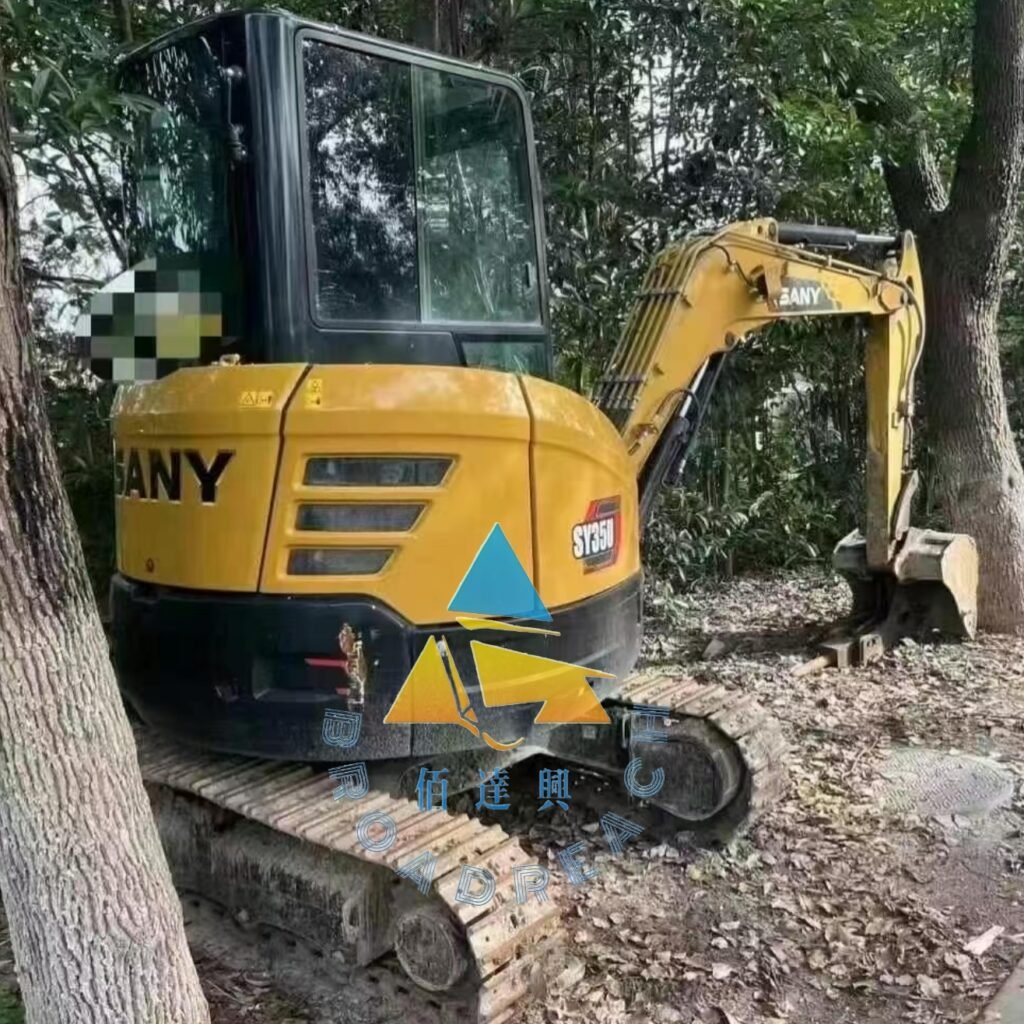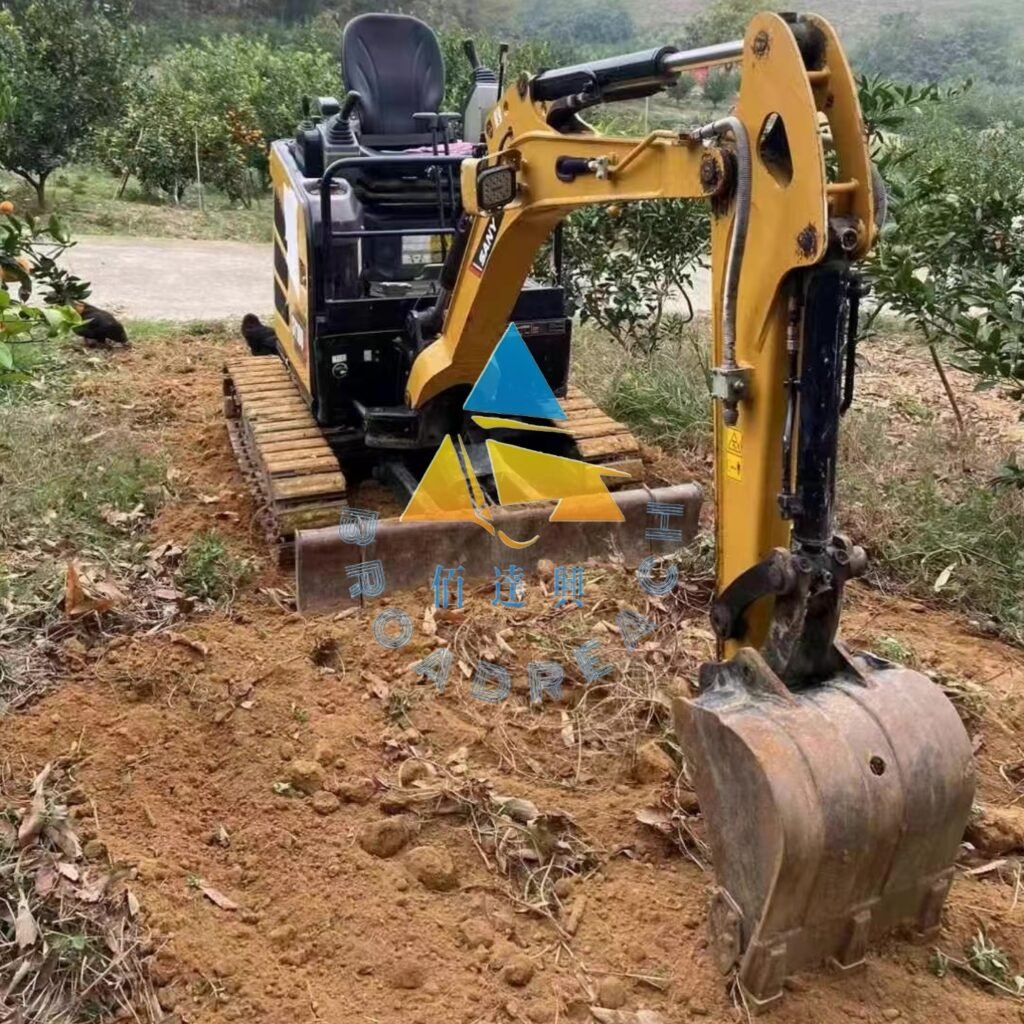BroadReach Construction Machinery Co., Ltd

Excavators: Versatile Machines with Diverse Applications
Introduction
Excavators are not just powerful digging machines; they are versatile tools that have found their way into a wide range of industries and applications. From construction sites to mining operations, and even in disaster relief efforts, excavators play a crucial role in shaping our modern world. This news article explores the diverse pathways in which excavators are applied, highlighting their adaptability and significance.

Construction and Infrastructure Development
The construction industry is the primary domain where excavators are extensively utilized. They are indispensable for tasks such as:
- Excavation and Trenching: Digging foundations for buildings, creating trenches for pipelines, and excavating soil for various construction projects.
- Site Preparation: Clearing land, grading surfaces, and removing debris to prepare sites for construction activities.
- Material Handling: Loading and unloading construction materials, such as gravel, sand, and concrete, onto trucks or into other equipment.
Mining and Quarrying
In the mining sector, excavators are essential for extracting valuable minerals and resources. They are used to:
- Dig and Load Minerals: Excavate coal, ores, and other minerals from open-pit mines and load them onto trucks or conveyors for transportation.
- Overburden Removal: Remove layers of soil and rock that cover mineral deposits, making it possible to access the valuable resources beneath.
- Quarry Operations: Extract stone, sand, and gravel from quarries, which are then used in construction, landscaping, and other industries.
Landscaping and Agriculture
Excavators have also made their mark in landscaping and agriculture, where they contribute to:
- Landscaping Projects: Shaping terrain, creating ponds, and moving large rocks or boulders to enhance the aesthetic appeal of gardens, parks, and residential properties.
- Agricultural Development: Preparing land for farming by clearing vegetation, leveling fields, and constructing irrigation channels or drainage systems.
Environmental and Conservation Efforts
Excavators play a vital role in environmental and conservation projects, including:
- Wetland Restoration: Excavating and shaping wetland areas to restore natural habitats and improve water quality.
- Erosion Control: Constructing retaining walls, terraces, and other structures to prevent soil erosion and protect the environment.
- Wildlife Habitat Enhancement: Creating habitats for various species by excavating ponds, digging burrows, or modifying landscapes to suit their needs.
Disaster Relief and Emergency Response
During natural disasters and emergencies, excavators are invaluable for:
- Debris Removal: Clearing away debris from collapsed buildings, roads, and other affected areas to facilitate rescue and recovery efforts.
- Search and Rescue Operations: Digging through rubble to locate trapped individuals and assist in their rescue.
- Infrastructure Reconstruction: Helping to rebuild roads, bridges, and other essential infrastructure after a disaster.

Demolition and Recycling
Excavators are also used in the demolition industry to:
- Demolish Structures: Break down buildings, bridges, and other structures using specialized attachments like hydraulic breakers.
- Recycling Materials: Separate and sort construction waste, such as concrete, steel, and wood, for recycling and reuse in new construction projects.
Conclusion
The applications of excavators are vast and varied, reflecting their adaptability and importance in numerous industries. As technology continues to advance, excavators will likely become even more versatile and efficient, opening up new pathways for their use and further contributing to the development and well-being of our society.






